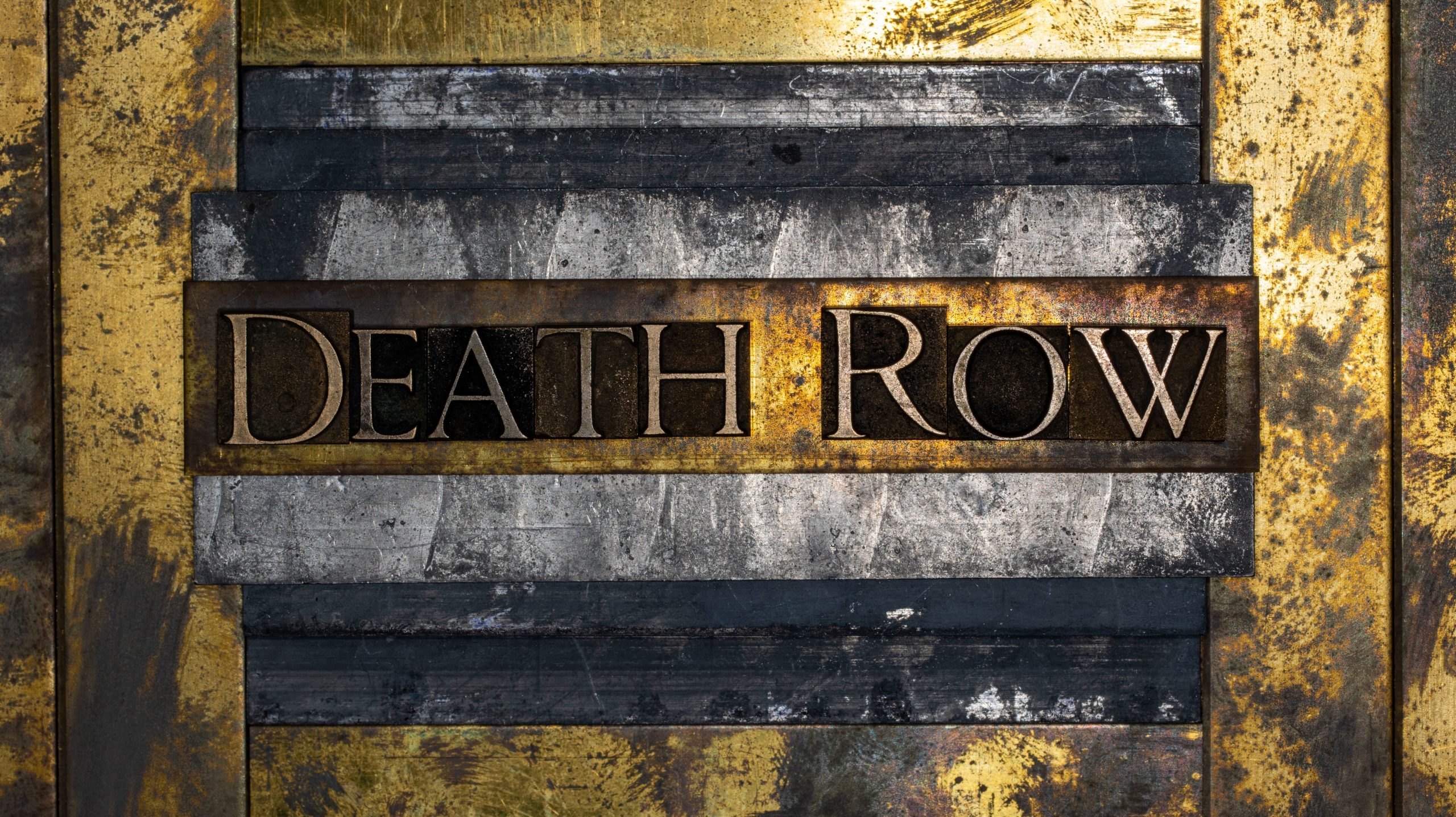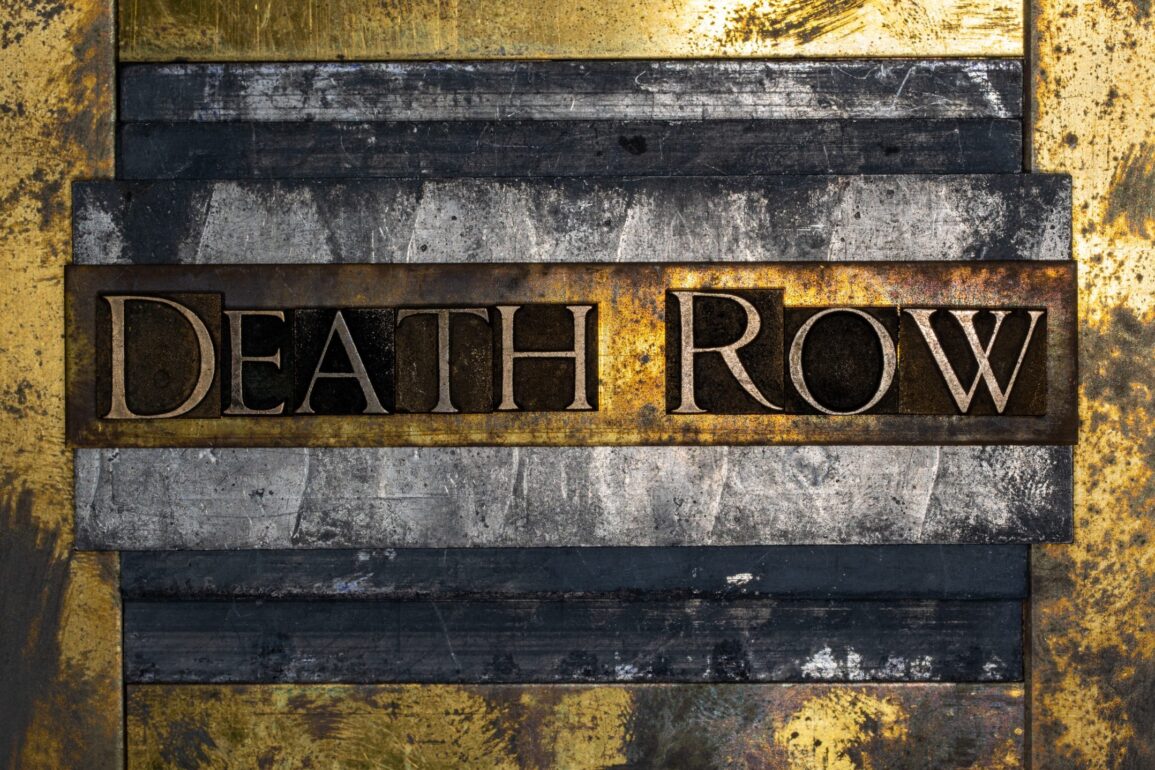
Alabama killed a man Thursday night.
Casey McWhorter was executed by the state for his role in the 1993 Marshall County murder and robbery of Edward Williams. McWhorter was the second person to be executed in Alabama this year.
Now, we could talk a long time about the death penalty and whether it’s a true crime deterrent or whether the cost is worth it or whether a civilized society should be in the business of killing its citizens when they pose no threat (and a person incarcerated poses no threat). Those are all worthy discussions, and I’ll admit that my feelings on the death penalty are complicated and not necessarily firm.
But that’s not the discussion I want to have here. Instead, I’d like to focus on a problem – a problem highlighted by comments made by Gov. Kay Ivey following McWhorter’s execution.
In a statement sent to media, Ivey ran through the usual, boilerplate talking points that follow every execution in this state. As part of those comments, after recapping McWhorter’s crimes and lamenting the fact that everyone had to wait so long for his execution, Ivey said: “In Alabama, we uphold the rule of law ….”
But do we, though?
Maybe I’m living in a different Alabama than the one Ivey lives in. Because in the state where I live, McWhorter died in a prison that violates state and federal laws every single day. In the state where I live, Alabama Department of Corrections officials routinely lie, conceal public information and delay disclosing pertinent information on a daily basis – all of which could be considered violations of state law. And in the state where I live, state officials – and this includes the governor’s office and the attorney general’s office – have sat idly by as hundreds and hundreds of human beings – those precious lives we talk about during abortion debates – are murdered, tortured, neglected, abused and held for ransom on a daily basis.
So, what laws are we upholding exactly?
The ones that make wealthy white people experience a momentary feeling of phony safety?
Because they’re certainly not the laws on the books. Because if we actually upheld all laws, and if we actually followed our own rules and regulations, and if we ran our prisons effectively and with compassion and decency, we wouldn’t have dead bodies stacked up. We wouldn’t have a federal lawsuit that we absolutely are going to lose. We wouldn’t have prison officials lying to media and the families of incarcerated people. We wouldn’t have some of the deadliest prisons in the entire world.
If we actually followed laws and rules, Daniel Williams would probably be alive today.
If you’re unfamiliar with Williams’ story, prepare yourself for a bit of horror. A 22-year-old, Williams was in prison for stealing a car. He died last week after being removed from life support following a prolonged beating and sexual assault that lasted multiple days within Staton Correctional Facility, according to sources who spoke with both APR and Williams’ family.
His family said when they went to visit him in the hospital, where he was brain dead, they saw bruises and ligature marks covering his body. He had clearly suffered a vicious attack.
The warden at the facility told the family Williams was brain dead from a likely drug overdose.
So, because Williams was a drug addict who stole to support his habit, the state of Alabama, through its callous indifference to human life and the U.S. constitution, sentenced him to death.
Death by indifference.
Apparently, that’s not a capital offense in this state. Instead, you can commit it repeatedly and still stand in judgment of others, up to the point of authorizing another’s execution for moral failings.
Williams isn’t alone, of course. Just this week, APR reported on another beating death at another Alabama prison. Christopher Louis Latham died after he suffered a second beating, this one over a $10 debt, following an incident in August in which he was beaten with a weight while at Staton.
And, of course, he’s not alone. There have literally been hundreds of deaths within Alabama’s prisons over the last few years – many of them the result of lax oversight, criminal indifference to human suffering and drugs finding their way inside the prisons.
All of these things, including the horrific stories of violence, rape, ransoms and death, have been common over the last two decades. Our state officials, including Ivey, Steve Marshall and their predecessors, have turned a blind eye to all of it.
Every crime that is now part of the Department of Justice’s lawsuit against the state crossed the desks in the governor’s office and the AG’s office first. They ignored every single one of them, allowing Alabama’s prison system to become an absolute hell on earth – a hell that failed to correct anything and most often churned out worse, or certainly more damaged, humans than the ones who entered the prisons.
So, when you proclaim, on the night that the state stands in the ultimate judgment of a person, that in Alabama we uphold the rule of law, I’ve gotta ask just what laws you’re talking about?
This post was originally published on this site be sure to check out more of their content.









